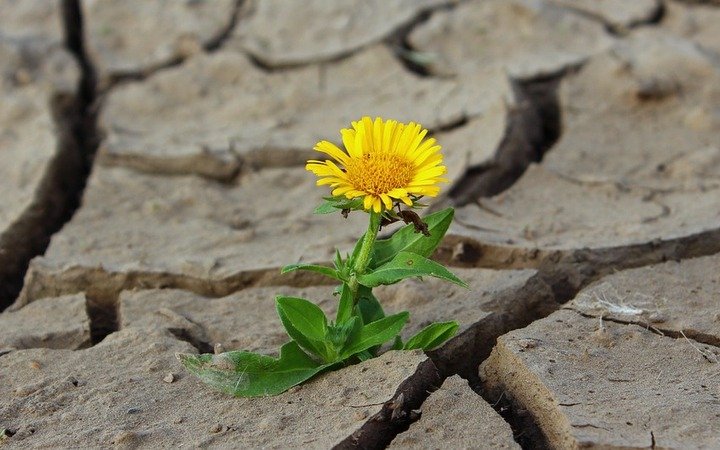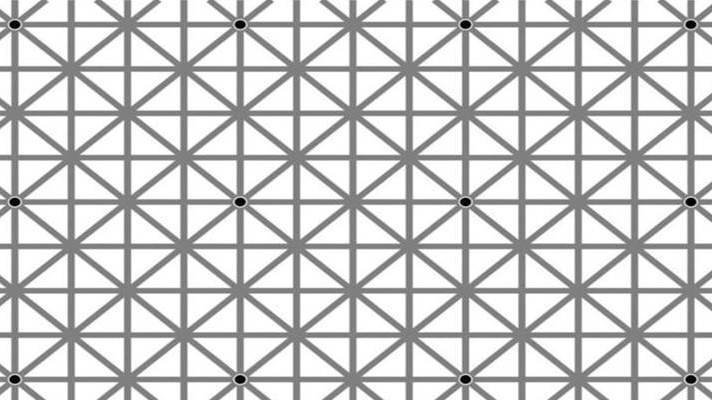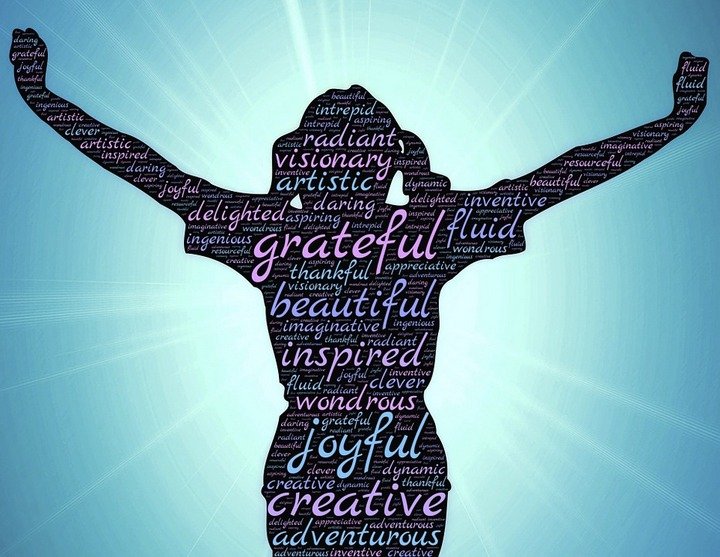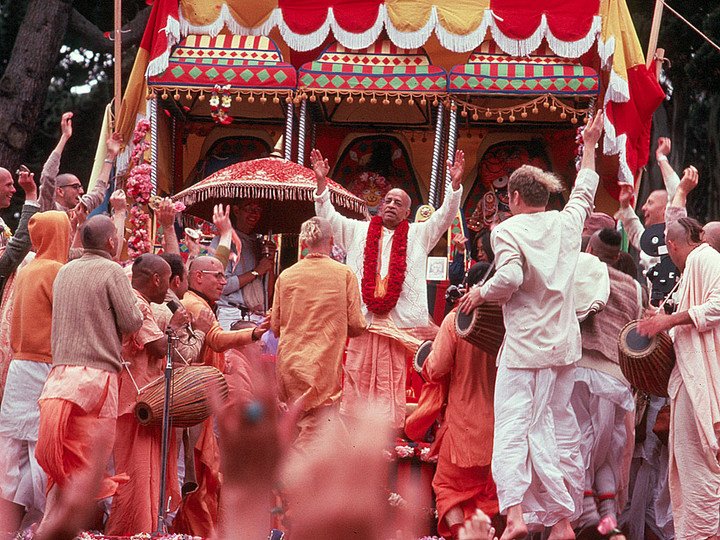The inevitable adversities of life often come in the form of someone else’s action. From accidently stepping on your toes to outright brutal physical aggression, people will do things to you, directly or indirectly, that you do not like. So, how should we respond to this?
The low-consciousness response to this is to get angry, get revenge, or cultivate some form of hatred toward the agent of your adversity. But this response just amplifies your suffering. Responding to hatred with hatred perpetuates the hatred. Even externally, this will bring more adversity to your life in the form of negative consequences of your hatred. For example, if your neighbor dumps trash on your yard and then you dump trash on his yard, he will get angry and come up with another way to annoy you. Then you will get angry for that and come up with another way to get him back, and it will never end. We see this going on in the Middle East: violence being met with violence, which then causes more violence – a cycle of increasing violence. The result is hell on earth with no end in sight. Gang warfare follows the same twisted pattern. Everyone loses.
On one level we need justice and to preserve our well-being. If someone commits a crime or hurts you, steps should be taken. If it’s serious, civil authorities might get involved. And you should try to take practical steps to prevent the incident from recurring. On the surface, you should do what has to be done to keep yourself and others out of harm’s way.
But inside, you have to adopt a different attitude. Whatever happened was meant to happen. It’s your new challenge. You should not waste time with lamentation or anger, much less feeling like a victim. You should simply accept the event, be grateful for the challenge, trust that it’s for your growth and ultimate benefit, and deal with it in high consciousness, acting in karma-yoga. You should choose not to suffer, but instead to seek enlightenment.
Check out my video on the subject here.














